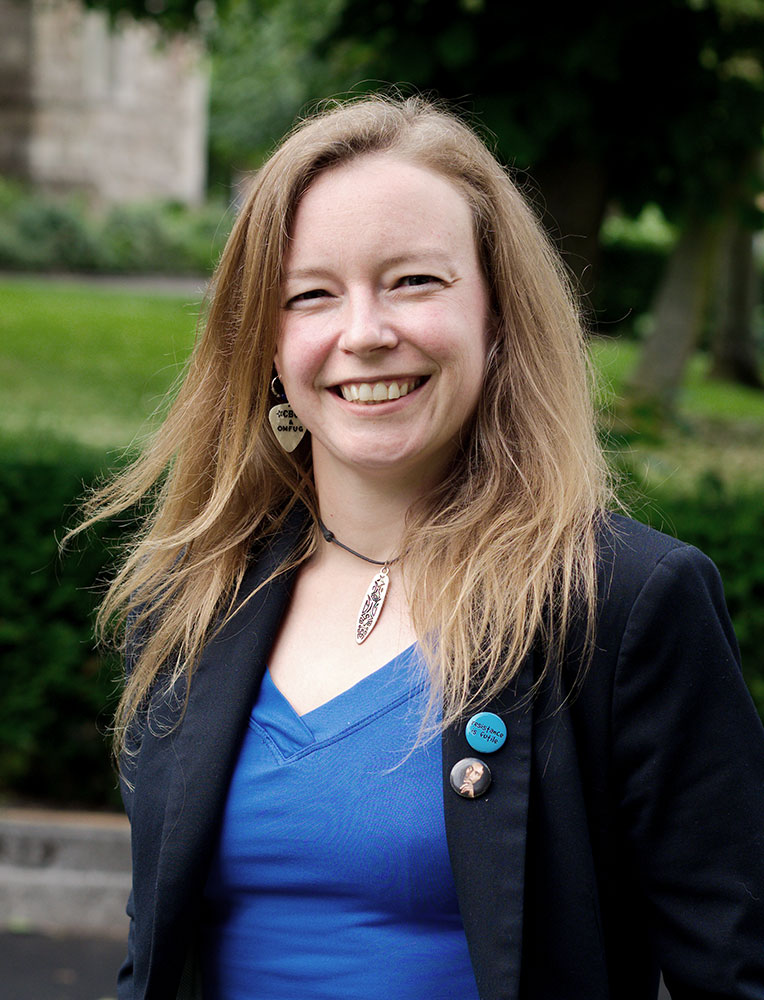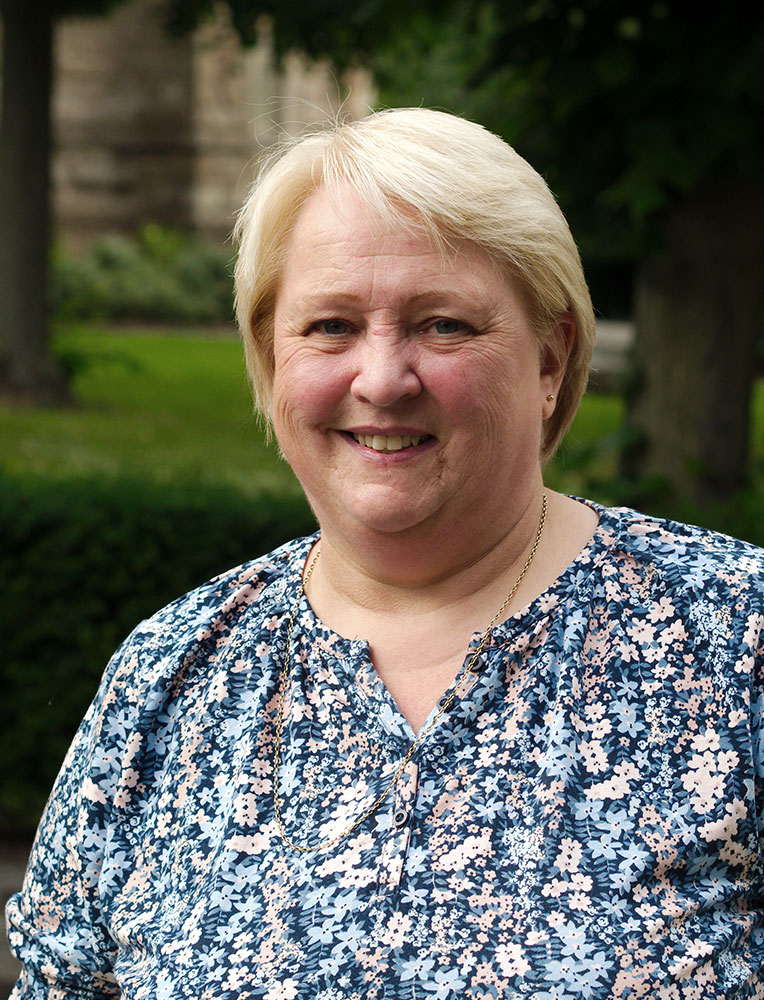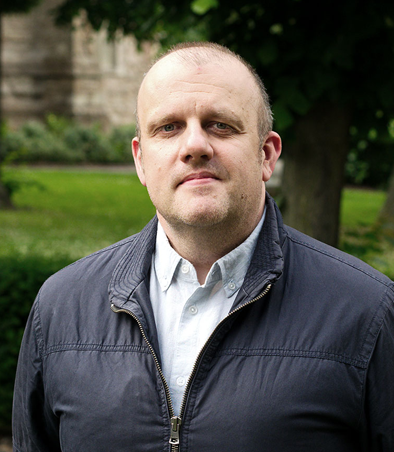The Redditch Business Improvement District (BID) is the clear, unified voice
that will speak for the town, highlight its positives and encourage visitors.
Our Vision
It is our vision to enhance the commercial environment in the town, driving economic growth, and supporting local businesses. Through a range of strategic initiatives and partnerships, Redditch BID aims to create a vibrant and prosperous community that attracts visitors, encourages investment, and fosters a sense of pride.
Redditch BID aims to bring together local businesses, stakeholders, and residents to work towards a shared goal of transforming the town into a thriving hub of activity. By harnessing the collective power and expertise of the community, Redditch BID seeks to create a positive impact on the local economy and improve the quality of life for all who live, work, and visit the area.
The ‘BID’ Team


Redditch BID Board Members
Redditch BID is steered by a dedicated Board, which is committed to raising the profile of the town and its businesses. It is made up of representatives from the local business community.

Running her own business has given her first-hand experience and insight into the highs and lows of being your own boss and she is looking forward to sharing her ideas and knowledge to support the town and show its residents and businesses just how vibrant it can be.


With a corporate background in retail and tourism marketing, Ros has a wealth of knowledge and experience that she now applies to her own retail business, Vintage Trax Records, off Church Green East. She is also founder of John Bonham Memorial Friends and Director of the International John Bonham – a celebration festival held in the town annually.

Adrian had been involved on the BID Foundation’s Council, a Midlands Regional Chair of the Association of Town and City Management (ATCM). He has also provided consultancy support for potential BIDs in numerous locations in England. In his time within BIDs, he has delivered projects including the promotion of independents, new pedestrian signage, business crime partnerships, events, lobbying local authorities and national government, representing evening and night-time businesses on regeneration schemes, customer service assessments, setting up and managing taxi marshals and cleansing contracts.
I am delighted to join the Board of Redditch BID and look forward to bringing my experience and ideas to the team and town and ensure that we deliver on the pledges made in the Business Plan all the time ensuring that we support the needs of businesses. I have been impressed with a number of the projects delivered to date, especially the events and I am keen to make sure that we work hard to deliver effectively and meaningfully.



Born in London and raised in Milton Keynes, Michelle graduated from the University of Bath with a degree in Business Administration. After graduating, Michelle settled in the West Midlands where she has lived for 30 years and fondly calls home.
After a successful career in the private sector for 20 years working in fast moving consumer goods, the logistics sector, Chambers of Commerce and the professional services sector, Michelle joined the Further Education sector in 2008. She has 15 years senior level experience in the sector working at nine Further Education Colleges including colleges located in Manchester, Birmingham, London and Cambridge, before joining the Heart of Worcestershire College.
Michelle is passionate about improving opportunities for others having experienced the benefits of post 16 education herself, which she admits changed the course of her own life. Her focus is on delivering sustainable growth which meets the needs of the region, ensuring students leave the college life, work and career ready, and providing students with the very best teaching, learning and support to enable them to make a difference both in the workplace and in our communities.
Michelle is a Fellow of the Chartered Institute of Marketing and has studied leadership at both Loughborough and Oxford University.

I’ve worked in retail for 20+ years – starting at Next as a temporary Christmas assistant. After moving to Redditch 12 years ago and then having my son I started working at Select. I’ve worked here for just over 9 years and officially been base manager for just over 1.
More events
throughout the year
An upgrade
of CCTV
Stronger
Business Voice
A positive & unified
PR message
Higher profile
to a wider audience
Strong social media
and website
Your Questions Answered
Have BIDs been supported elsewhere in the UK?
[nectar_responsive_text font_size_min=”14px” font_size_max=”20px” font_size_desktop=”1.1vw” font_line_height=”1.6″]In 2023 there are now 335 BIDs in the British Isles, an increase of four over this time last year; they contribute £150,107,029 [last year £145,759,773] each year to their business communities and between them represent 118,682 businesses.
BID Key Facts
- In the UK, the majority of BIDs exist in town and city centres,
however they are also in industrial, commercial and mixed-use
locations. - The BID mechanism allows for a large degree of flexibility and as a
result BIDs can vary in shape and size. - The average size of a BID is 300-400 hereditaments, with some of
the smallest having fewer than 50 hereditaments and the largest at
over 1,000. - Annual income is typically £200,000-£600,000 but can be as little
as £50,000 per annum and as much as £2 million+. - Legislation enabling the formation of BIDs was passed in 2003 in
England and Wales (with subsequent regulations published in 2004
and 2005 respectively) and in 2006 in Scotland. - BIDs were first established in Canada and the US in the 1960s and
now exist across the globe, including in South Africa, Germany,
Japan, New Zealand and Australia.
[/nectar_responsive_text]
Why do businesses support BIDs?
[nectar_responsive_text font_size_min=”14px” font_size_max=”20px” font_size_desktop=”1.1vw” font_line_height=”1.6″]A BID is a mechanism which allows businesses to raise a sum of money to manage and deliver projects that they have identified to improve their trading
environment.[/nectar_responsive_text]
Who pays for a BID?
Based on the detailed business plan put together by the Task Group, the cost to each business is worked out on a pro rata basis. This is called the “BID Levy”. If the majority of businesses vote YES then ALL within the BID area have to pay. The BID levy is normally paid by the occupiers of a property. In addition BIDs can draw in other voluntary funding, grants and in-kind contributions to supplement the BID levy. The successful BID has a mandate for a maximum of 5 years after which the BID would need to seek a re-ballot.
What might a BID deliver?
[nectar_responsive_text font_size_min=”14px” font_size_max=”20px” font_size_desktop=”1.1vw” font_line_height=”1.6″]It’s up to you. BIDs can deliver projects or services that are agreed by the
businesses in the BID area (see map) and must be services and projects that are over and above anything that the Public Sector already provides. Before a BID business plan is produced all the services being delivered by the Local Authority are benchmarked and they must continue to deliver that level of service for the 5-year term of the BID. BIDs can deliver projects or services that are agreed by the businesses within the BID area.
A few examples of projects and services that BIDs deliver are:
- Reducing business crime – additional Police or PCSO’s, CCTV schemes
- Reduce operating costs – joint procurement of utilities, insurance, waste
management contracts - Increased cleaning and greening – additional cleansing of the town’s streets and floral displays
- Marketing and promotion – marketing campaigns to promote the town centreas a destination, to develop its identity and increase visitor numbers
The important thing is that the BID is focused on delivering real projects
determined by detailed consultation with all businesses in the BID area[/nectar_responsive_text]
How is a BID managed?
[nectar_responsive_text font_size_min=”14px” font_size_max=”20px” font_size_desktop=”1.1vw” font_line_height=”1.6″]The majority of successful BIDs are delivered through a company limited by
guarantee. The BID Company is responsible for the delivery of the BID projects
and services and directly responsible to all businesses through a board elected
from those businesses that pay the BID levy[/nectar_responsive_text]
How is a BID monitored?
Like any good business plan, specific key performance indicators (KPI’s) are set
and performance is monitored against the KPI’s by the BID board. The BID
Company is answerable to the businesses that pay the BID levy and will be
required to monitor and inform its members on its progress.

